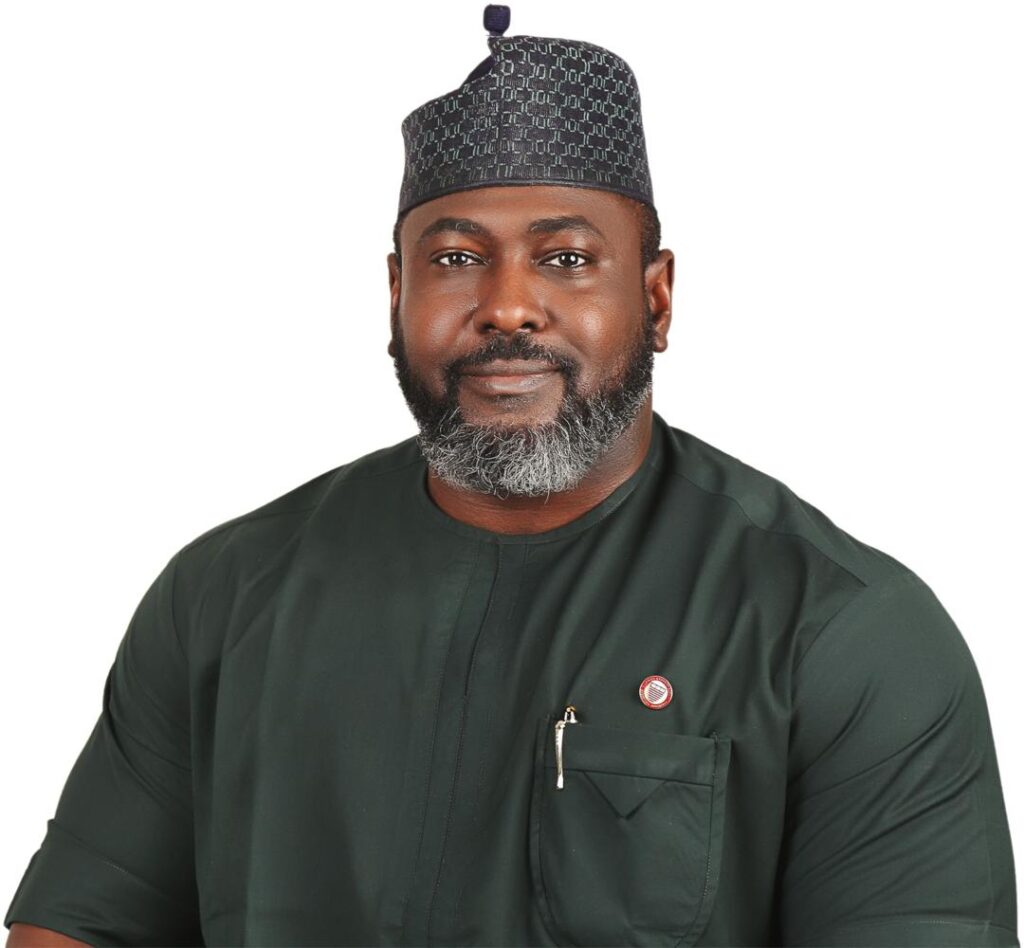Concerned Akwa Ibom Professionals in Lagos (CAKPIL) has called for urgent economic diversification to shield the state from the uncertainties of global economic shifts, including fluctuating oil prices and the potential resurgence of Trump-era policies in the United States.
The group made this call during its Policy Discussion Webinar yesterday which focused on Nigeria’s economic outlook and Akwa Ibom’s future.
Speaking at the webinar, joined by our correspondent in Uyo, keynote speaker and CEO of the Nigeria Economic Summit Group (NESG), Dr Tayo Aduloju, stressed that Nigeria’s economic trajectory in 2025 would largely depend on two critical factors: food security and electricity policy reforms.
Aduloju noted that for Akwa Ibom, the best path forward would be to rethink its economic priorities, reduce its reliance on oil, and focus on areas that guarantee long-term prosperity.
In his words “Agriculture, tourism, and talent development hold the key to Akwa Ibom’s future. The state must move beyond mere food security to food sovereignty—producing not just enough for its people, but also becoming competitive in agricultural exports”.
He added that achieving this would require strategic investments in modern farming techniques, infrastructure, and market expansion.
Dr. Aduloju also warned that the economic policies of major global players, particularly the United States, could have significant implications for Nigeria’s economy. “A shift in U.S. trade and energy policies could impact global oil prices, and states like Akwa Ibom, which rely heavily on oil revenue, must brace for potential disruptions. The best defence is a strong, diversified economy,” he said.
Our correspondent reports that CAKPIL, a body of professionals of Akwa Ibom origin residing in Lagos, has long served as a policy think tank for the state. Since its inception during Nigeria’s Fourth Republic, the group has contributed to national discourse and provided advisory support to successive administrations in Akwa Ibom state.
However, it had largely operated behind the scenes until a new executive team, led by development strategist Ini Abimbola, assumed office in 2023. Under her leadership, CAKPIL has gained greater visibility and intensified efforts to engage with policymakers.
“We are committed to ensuring that Akwa Ibom’s economic policies align with global realities. The days of oil dependence are numbered, and we must take proactive steps to secure a sustainable future,” Abimbola said during the event.
She credited the group’s renewed public engagement to the efforts of media and marketing communications expert Idongesit Essien, a former BBC News Director, who has been instrumental in promoting CAKPIL’s work.
The webinar’s moderator, policy analyst Augustine Edet, summarized the key points raised by Dr. Aduloju, stressing that Akwa Ibom must identify its unique economic strengths and develop a structured plan to maximize them.
He noted that beyond agriculture, the state must establish a solid industrial and commerce strategy to transform its raw materials into finished products for both domestic and international markets.
“Economic diversification is no longer an option—it is a necessity. Akwa Ibom has the human and natural resources to become a regional economic powerhouse, but this will only happen if we make deliberate investments in technology, capacity building, and value addition,” Edet said.
Participants at the webinar agreed that one of Akwa Ibom’s major strengths lies in its human capital. With a growing population of young, skilled professionals, the state has the potential to become a hub for knowledge-based industries such as technology, finance, and creative enterprises. However, for this potential to be fully realized, experts argue that policies must be tailored to attract investments in these sectors.
Attendees at the webinar also acknowledged that while the road to diversification would not be easy, the benefits far outweigh the risks of inaction. Many expressed optimism that with the right leadership and policies, Akwa Ibom could transition into a model of economic resilience in Nigeria.















